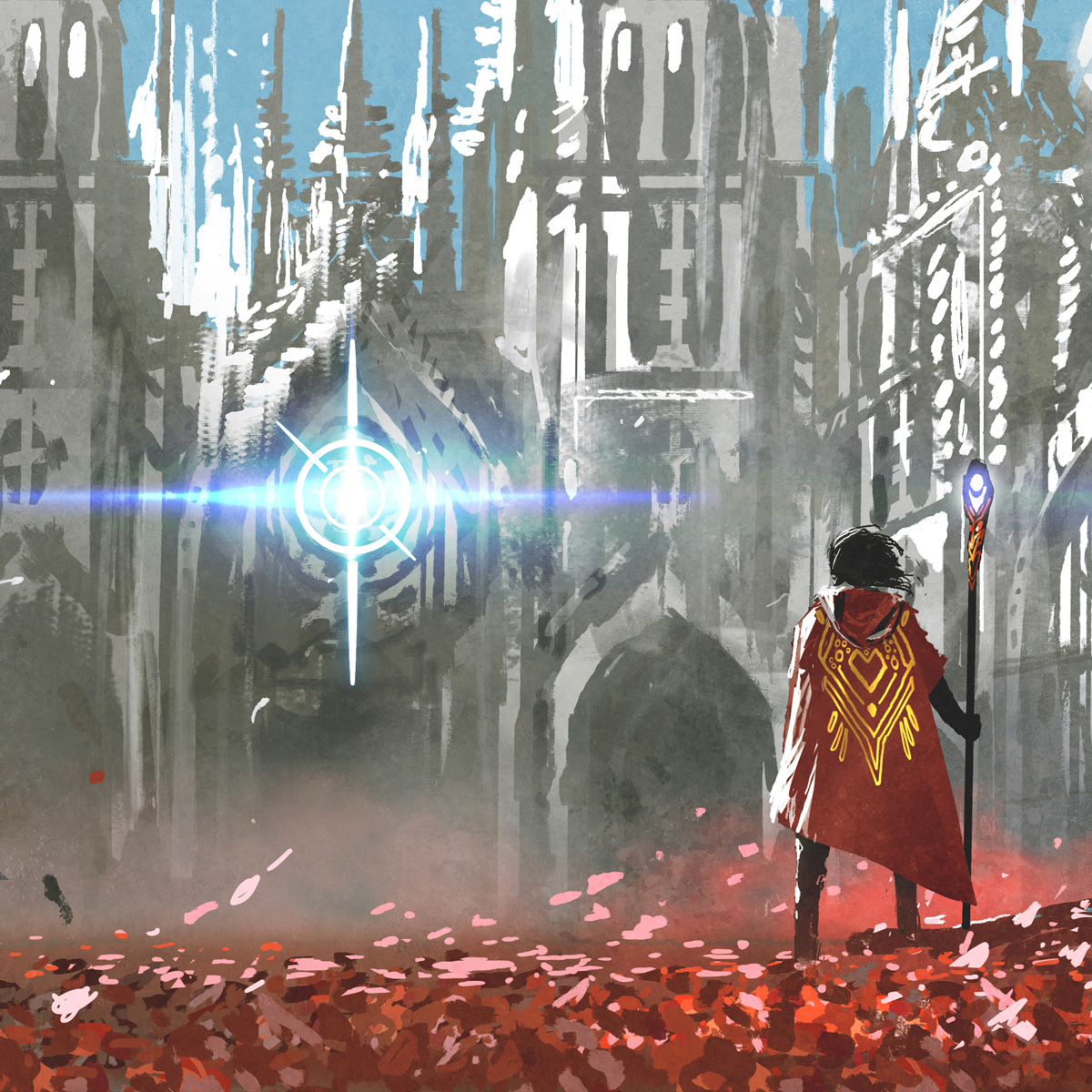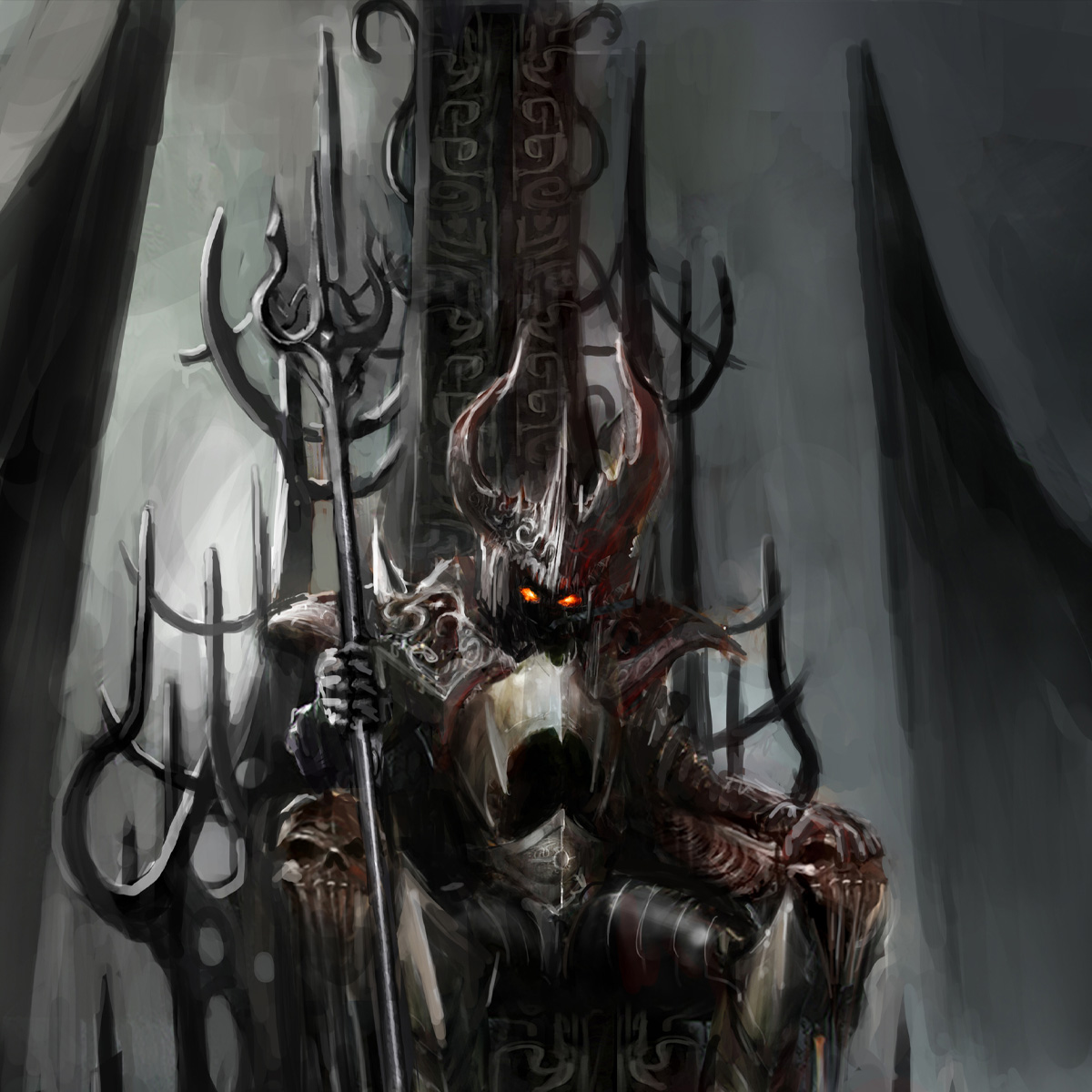
When it comes to creating an engaging player motivation for tabletop roleplaying games, prophecies can provide an exciting and open-ended plot hook. A well-crafted prophecy can add depth and mystery to your campaign while also providing an exciting challenge for your players to unravel. With the right tools and techniques, you can craft prophecies that foretell the future of your players, their antagonists, or other events in the world. This blog post will explore the art of prophecy in tabletop RPG games, including how to create prophecies about the player characters, prophecies about the antagonist, and how to interpret them in multiple ways.
What Makes a Good Prophecy?
Prophecies can add an extra layer of excitement and intrigue to the game and help drive the plot forward, but what makes a good prophecy? How do you craft a prophecy that provides a plot hook while also being vague enough not to railroad your players into a predetermined conclusion? There are many answers to these questions, but we’ll start with divination since that’s where prophecies are born.
Divination is the art of predicting the future by interpreting omens or signs, and it is integral to any good prophecy. Whether reading the stars or seeing portents in dreams, someone had to use divination to foresee an event in the future that would be a tipping point. An event that could bring about great joy or intense suffering, depending on whether key elements are present. Usually, these grand prophecies foretell a chosen one (or few) who will do a thing as long as the timing, location, and other factors are all correct. Of course, divination is hardly exact, so these prophecies are often vague and difficult to interpret.
“The trailing end of longest night, births beating wings of fire bright.
Death descends on ivory towers, turned away by ancient powers.
Four may stand against the flame, bearing the shield of eldritch fame.”
A great prophecy should not only tell the players about the event but also when it will happen and who or what will be involved. For example, suppose the aim of the plot is for the characters to try to save a city from destruction. In that case, a good prophecy might warn them of the impending threat, hinting at a particular time and possibly alluding to the force or forces behind it. By having an indicator of when and how the event will happen, the party can begin to prepare for the event and formulate a plan accordingly.
As a plot hook, the prophecy should be a strong indicator of the campaign's overall plot, giving it context and relevance to the players. A successful prophecy should also be open to multiple interpretations, allowing for greater flexibility and ensuring that players don’t feel like their fate is predetermined. Finally, a good prophecy should remain somewhat vague, as this helps to keep it mysterious and allows for unexpected twists and turns.
Multiple Interpretations
One of the most important aspects to consider when creating a prophecy for your game is that most prophecies can have numerous interpretations. Depending on the interpreter's viewpoint, the meaning of a prophecy can be drastically different. It is important to structure a prophecy using language that can be interpreted in multiple ways and still remain valid.
Prophecies may use riddle-like structures, double entendre, or words with multiple meanings based on their context. Another way to obfuscate a spoken prophecy is to be written down incorrectly, using words that sound the same but are spelled differently. For instance, if a prophecy is written as, "The royal seas rise, a blood moon, the last night falls," it is very different from, "The Royal sees rise, a blood moon, the last knight falls." One seems to foretell a cataclysmic event, whereas the other might foretell the defeat of an army. Based on the spelling, both interpretations are valid. The only thing consistent about both interpretations is that a blood moon is involved. The blood moon may be a celestial event in the world or refer to werewolves. Who knows?
Due to vague and sometimes riddle-like wording, individuals may “lock” onto a specific interpretation of a prophecy. Whether or not their interpretation is correct, they frequently reject all other potential interpretations and may do so violently. Others, either through ignorance or ill-intent, may force a prophecy to fit their interpretation, such as claiming an individual as the prophecied one. Even if a prophecy isn't tied directly to the plot of the story, antagonists may use an interpretation of it to drive their agenda.
Keeping the Prophecy Vague
When crafting a prophecy, it is essential to keep the specifics of the prophecy vague so that players can interpret it in multiple ways. That means avoiding concrete subjects like specific people, places, or events as they restrict the overall potential of the prophecy. Metaphors are often an excellent way to veil the subject of the prophecy, as it forces players to explore the meaning behind the words.
Keep timelines open-ended so that the players have the freedom to adventure.
It is also preferable to avoid specifics regarding time and date. While there may be a specific time frame for the prophecy, it should remain open-ended so that the players have the freedom to adventure without forcing them to adhere to a strict timeline. Some players may enjoy a strict timeline as a fun plot device for the campaign, but make sure your players want that kind of pressure and are open to failure.
Celestial events can be a great way to indicate the timing of a prophecy, as they can often be both rare and unique. Eclipses, comets, and other planetary events can be referred to without requiring players to stick to an exact date or time. You can also consider referencing other broadly general events like wars, storms, or geological changes. Such events provide room for interpretation while hinting at what may happen or providing an early warning.
Prophecies About the Player Characters
Creating prophecies about the player characters can be a great way to add drama and depth to your game. Prophecies explicitly created for the players can make them feel special and empowered. Ancient prophecies, which may have been lost to time or only recently uncovered, can provide an exciting plotline or reveal secrets about a character’s past. Whether or not your players rise to the challenge, there will always be others who support the players and those who want them to fail.
When creating prophecies about the player characters, it is crucial to ensure all players are equally involved. If a prophecy is about just one character, it can make the other players feel left out. As such, it is often easier to create prophecies for the group as a whole rather than one specific character, especially if the prophecy drives the campaign's main plot.
A prophecy is about just one character can make other players feel left out.
If you want to create a prophecy about one character, perhaps as part of their backstory, it should be minor enough to work as a side-quest or include the other party members if used as a main quest. A minor prophecy to flesh out a single character's story arc is fine as long as the other characters get an equal chance to delve into their own stories.
Here are some examples of prophecies that could apply to the player characters:
- “Four shall rise from the ashes of the white tower to face the dread on the plains of hope.”
- “At the last battle, the descendants of the mist walkers shall stand together to drive back the dark.”
- “Five strangers, joined by common bond, must confront fear to restore the blood of kings.”
Prophecies like these have the potential to spark adventure and excitement while also giving the player characters a sense of purpose and destiny.
Prophecies About the Antagonist
When creating a prophecy for an antagonist, it is important to consider the overall plot and the antagonist’s motivations and goals. A good prophecy should foretell the eventual defeat of a great enemy but also provide insight into their plans and motivations. Prophecies about an antagonist may also indicate their rise to power, reveal their weaknesses, or define steps they must achieve before their plans can be fulfilled.
For example, a prophecy may foretell that a tyrant will take over a kingdom after defeating a dragon, suggesting the protagonist must stop the tyrant’s rise to power (and potentially save a dragon). Another prophecy might hint at a hidden weakness in the villain, providing a clue to the heroes on how to defeat them. Finally, a prophecy may set a goal the villain must achieve before they can enact their ultimate plan, such as collecting several magical artifacts or conquering five kingdoms.
In all cases, you should endeavor to create prophecies that will challenge and intrigue your players while also providing clues and insight into the antagonist's plans and motivations.
How is the Prophecy Revealed?
Discovering a prophecy can be an adventure in and of itself! Is the prophecy part of the character’s backstory or the world lore? Was the prophecy foretold in ancient times, waiting for the heroes to be born, or more recently established as events of the campaign unfold? How the players learn of the prophecy affects how invested they are in uncovering its mystery.
Revealing a prophecy should be done so the players take note.
There are various ways a prophecy can be revealed in your game, the most common of which include soothsayers, fortune tellers, divination magic, and divine intervention. Alternatively, the words of the prophecy may be recorded in dusty tomes, etched in the walls of ancient crypts, or spoken as the last words of a dying creature. Whatever the method, revealing a prophecy should be done with intent and highlighted so that the players take note of its import.
How you reveal the prophecy is directly related to whether or not your players pick up on the plot hook. You might tell your players that the hair on the back of their necks stands up as the words are spoken aloud for the first time in ages. Perhaps a soothsayer's eyes turn milky white, and their voice becomes old and withered as the grave as they recite the prophecy. If the party notices the words etched on an ancient shield and ignores them (or worse, sells the shield as loot), your prophecy plot hook could be a non-starter.
In Conclusion
Using prophecies in tabletop roleplaying games can be an effective plot device that can significantly enhance the story. Creating exciting and ambiguous prophecies encourages players to think creatively and develop stronger connections to the story. Consider how a prophecy about the player characters, the antagonist, or a world-shaking event might provide a unique challenge to the players or fit your plotline. Finally, consider how to reveal the prophecy in an interesting way that allows multiple interpretations to engage your players and gives the prophecy life. With a bit of imagination and creativity, you can create a prophecy that will make your game genuinely unforgettable.
Want to continue the conversation? Join Our Discord



Commenting has been disabled for this post.